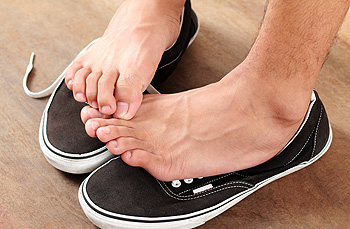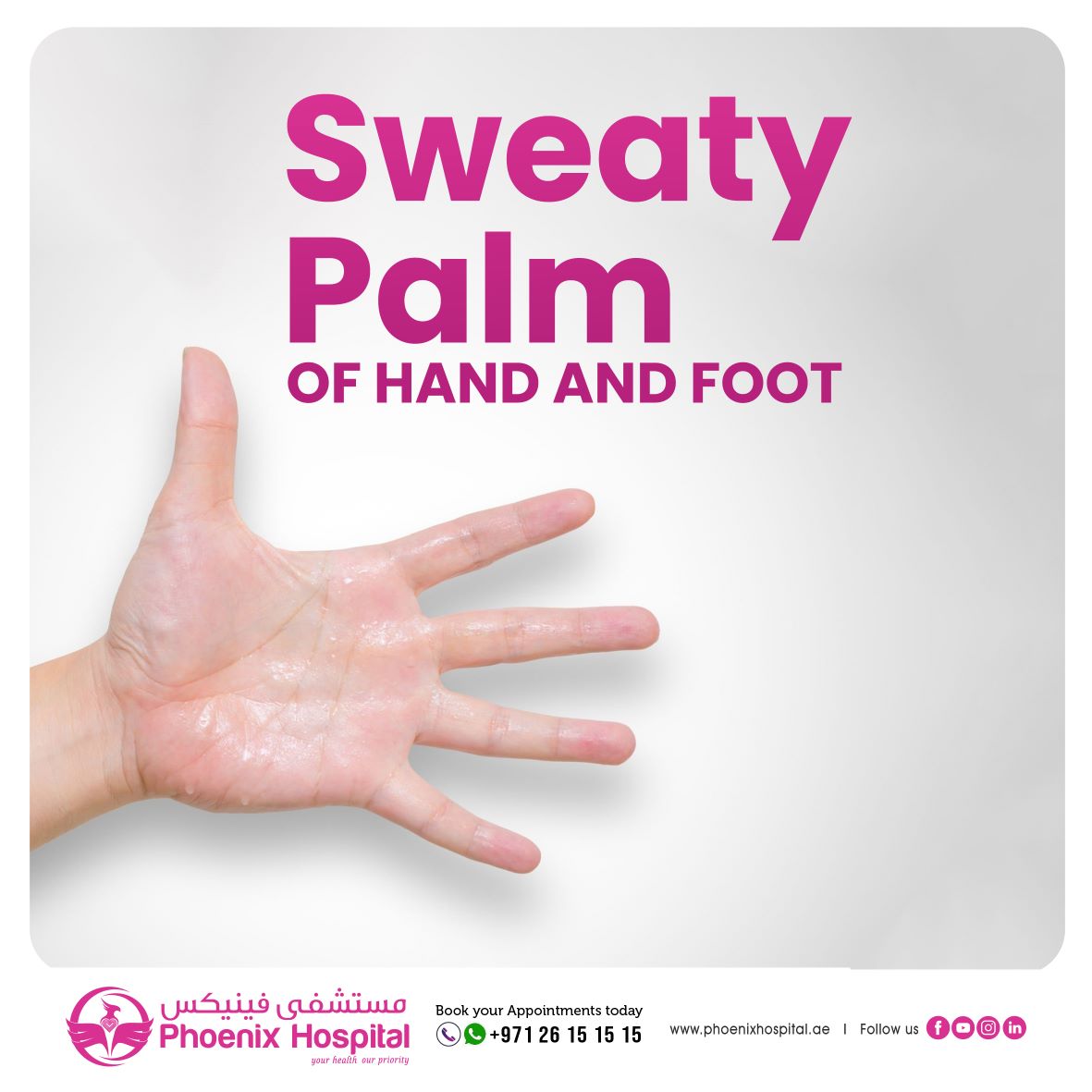Understanding Excessive Sweating: Dermatology Insights on How to Stop Sweaty Hands
Understanding Excessive Sweating: Dermatology Insights on How to Stop Sweaty Hands
Blog Article
Recognizing the Source of Excessive Sweating and Its Impact on Day-to-day Live
Excessive sweating, also understood as hyperhidrosis, is a problem that impacts a substantial portion of the population, yet its underlying causes and effects on day-to-day operating remain somewhat enigmatic. While it is generally understood as a physiological feedback to control body temperature, the triggers for extreme sweating can differ commonly among individuals, encompassing not just physical variables but emotional and also psychological components. The impact of this condition expands past plain pain, frequently affecting social communications and general quality of life. By delving right into the origin of hyperhidrosis and discovering its diverse effects, a deeper understanding of this prevalent problem can be acquired, dropping light on the complexities that people facing excessive sweating navigate on an everyday basis.
Physiology of Sweat Glands
The law of sweat manufacturing, an essential physiological process, is largely controlled by the activity of sweat glands distributed across the human body. Sweat glands are classified right into two major types: eccrine and apocrine glands.
When the body temperature level climbs, either due to physical activity, heats, or emotional stress, the nerves activates the gland to generate sweat. This sweat is made up primarily of water and electrolytes like sodium and chloride. The process of sweat manufacturing is necessary for keeping the body's interior temperature level within a narrow, optimal array, highlighting the important duty sweat glands play in human physiology.
Triggers for Excessive Sweating
In understanding the root causes of too much sweating, it is crucial to determine the triggers that can lead to this physical action. Physical exertion, high temperatures, and spicy foods are also recognized to activate too much sweating in people susceptible to this condition.
Moreover, medications such as some antidepressants, opioids, and particular supplements can also serve as triggers for hyperhidrosis. Comprehending these triggers is crucial in handling extreme sweating efficiently - Exessive Sweating. By recognizing and addressing the details triggers that trigger excessive sweating in a private, medical care suppliers can develop tailored therapy strategies to alleviate this problem and improve the person's lifestyle
Medical Issue Associated
Connected with too much sweating are numerous medical conditions that can aggravate this physiological action. One common problem is hyperhidrosis, a problem identified by abnormally boosted sweating that exceeds the body's thermoregulatory demands. This can manifest in focal locations like the hands, soles, underarms, or face, impacting an individual's lifestyle as a result of social embarrassment and discomfort.
Furthermore, endocrine disorders such as hyperthyroidism, diabetes mellitus, and menopausal warm flashes can also result in extreme sweating. Hyperthyroidism causes an overproduction of thyroid hormones, speeding up metabolic process and activating sweating. Diabetes mellitus can cause sweating episodes, specifically throughout hypoglycemic episodes when blood sugar degrees go down as well reduced. Menopausal warm flashes, credited to hormonal variations throughout menopause, can cause unexpected and extreme sweating, usually gone along with by flushing and heart palpitations.
Furthermore, infections like hiv, tuberculosis, and endocarditis have actually been related to evening sweats, a typical sign understood to disrupt sleep and influence overall well-being. These medical problems highlight the varied variety of underlying variables that can add to too much sweating, demanding extensive assessment and monitoring by healthcare specialists.
Emotional and Mental Variables

Effect On Social Interactions
Excessive sweating can have extensive effects on an individual's ability to involve conveniently in social interactions. The visible indications visit of sweat spots or wet spots on apparel can lead to embarrassment and self-consciousness, creating people to take out from social circumstances. This withdrawal can impact relationships, limitation social activities, and impede professional and individual development.
Furthermore, the stress and anxiety and self-esteem issues stemming from extreme sweating can impact communication and social skills. Individuals might battle to concentrate on discussions, participate in team tasks, or reveal themselves confidently. This this website can result in feelings of isolation and solitude, as social links come to be testing to maintain.
Conclusion

While it is typically understood as a physiological response to manage body temperature level, the triggers for excessive sweating can differ widely among people, including not only physical factors but emotional and likewise psychological elements. By delving into the origin triggers of hyperhidrosis and exploring its multifaceted effects, a much deeper understanding of this pervasive problem can be gotten, shedding light on the complexities that individuals grappling with too much sweating browse on a day-to-day basis.
Physical exertion, high temperatures, and spicy foods are likewise understood to trigger too much sweating in individuals prone to this condition. By identifying and attending look at here to the particular triggers that prompt extreme sweating in an individual, health care suppliers can establish tailored treatment plans to relieve this condition and enhance the person's high quality of life.
Excessive sweating can have extensive results on a person's capacity to involve pleasantly in social interactions.
Report this page